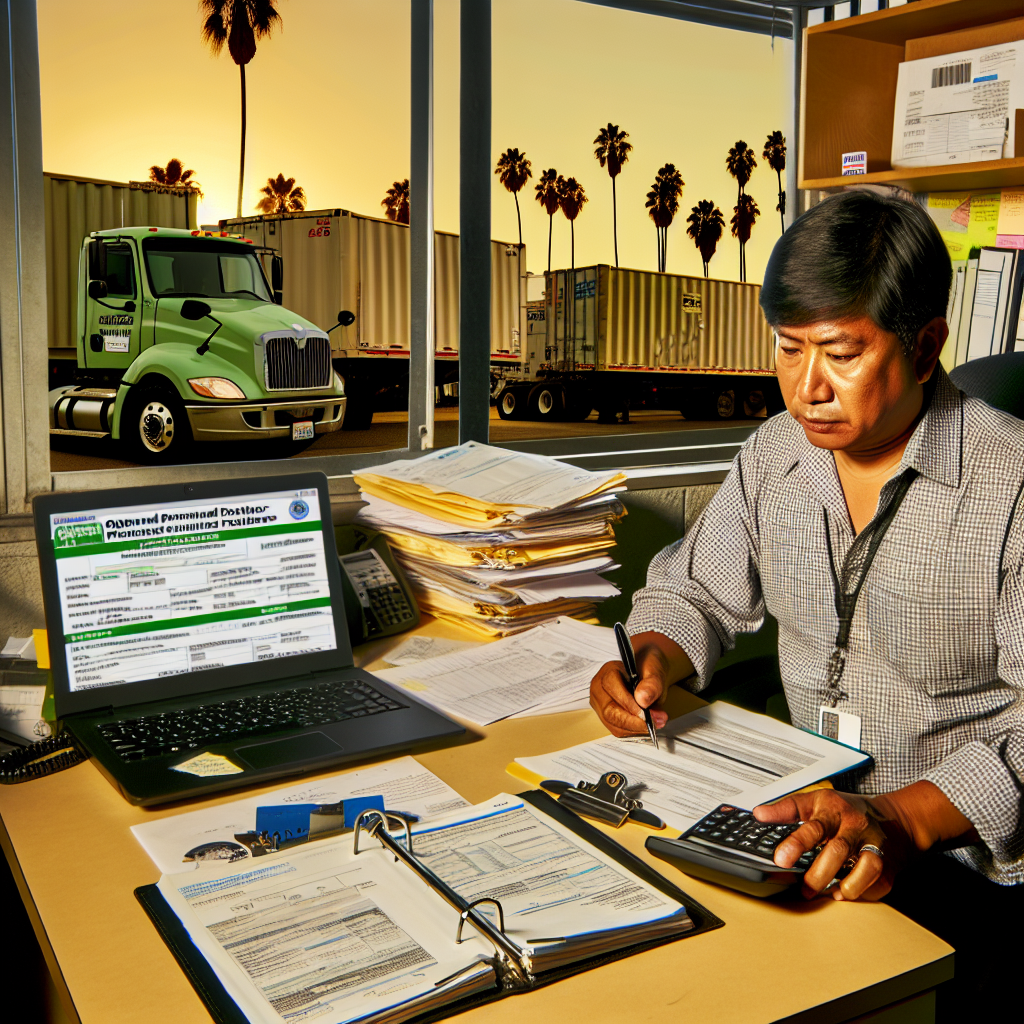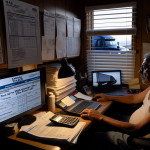What’s new
The City of Los Angeles has issued its latest “List of Permitted Waste Haulers,” current as of Thursday, September 18, 2025. The 23-page roster confirms which companies hold valid AB 939 Compliance Permits to collect, transport, and deliver solid waste, recyclables, organics, and construction and demolition (C&D) debris generated within city limits. Names range from regional roll-off providers and C&D specialists to large brands with open-market operations. Examples on the current list include D & W Trucking, Inc. (Inglewood; PER-19-017) and Construction & Demolition Recycling, Inc. (South Gate; 9309 Rayo Ave.). If you’re subcontracting, renting boxes, or dispatching roll-offs into the city, use this list to verify status before mobilizing.
Who needs a permit—and what it requires
Under Los Angeles Municipal Code (LAMC) Section 66.32.1, any person or company that collects, removes, or transports solid waste—including C&D, source-separated materials, or co-mingled recyclables—generated in the City must hold an AB 939 Compliance Permit issued by LA Sanitation & Environment (LASAN). Exceptions are narrow (for example, certain low-volume incidental self-hauling and homeowner self-haul of C&D). Permit holders must keep detailed documentation (invoices, weight tickets, rejection slips) and, for C&D, deliver loads to certified C&D processing facilities or document facility rejections as specified. Containers must be clearly marked with the hauler’s name and phone number, and organics handling rules added in 2023 require identification of receiving facilities for source-separated organics.
Fleet managers should also note that waste collection vehicles not owned by the City must carry valid waste collection permits from the Los Angeles County Local Enforcement Agency (LEA), and yards storing collection vehicles require a City permit; yards must maintain proof that vehicles have current LEA permits.
How this intersects with recycLA
Routine commercial bin service for multifamily and businesses is provided through the City’s recycLA franchise zones. The City is preparing a competitive re-bid (“recycLA 2.0”) ahead of the current contracts expiring in January 2027—an event to watch for potential pricing, service, and compliance changes that could ripple across staging yards and subcontracted work. However, C&D roll-offs and certain specialty streams remain outside the franchise system under longstanding City direction, preserving open-market opportunities for permitted haulers.
Practical steps for owner-operators and fleets
- Verify status before you roll. Confirm your firm (or the subcontracted box provider) appears on the City’s current permitted hauler list and keep the permit number in the cab and dispatch notes.
- Route C&D correctly. Deliver mixed C&D only to City-certified processors or document rejections as required. Build those destinations into your TMS and driver instructions.
- Label your boxes. Ensure every bin is clearly marked with your company name and phone number; audit decals and stencils during yard checks.
- Tighten recordkeeping. Maintain weight tickets, disposal and diversion data, and any rejection slips for at least three years. Assign responsibility (dispatcher or back office) and verify during quarterly audits.
- Stay SB 1383-ready. If you haul organics, identify recovery facilities in advance and map transfer/processing hours to your route windows to avoid contamination or capacity delays.
- Mind vehicle and yard permits. Keep LEA vehicle permits current and proof on-site at your yard; confirm your yard permit status and housekeeping to minimize compliance risk.
Why it matters now
For haulers, compliance is table stakes; jobs can be won or lost on whether your permit checks out at plan review or inspection. For shippers and contractors, using a permitted hauler protects projects from stop-work orders and penalties tied to waste handling and organics mandates. And as the City moves toward the next generation of its commercial franchise by 2027, maintaining a clean record—with accurate reporting, labeled containers, and proper facility routing—positions your operation for partnerships, subcontracting, and seamless access to higher-value work.
Bottom line: If you operate roll-offs, transfer loads, or sub in for waste moves within Los Angeles city limits, confirm your place on the permitted list today, double-check LEA and yard permits, and tighten your C&D and organics routing and paperwork.
Sources Consulted: City of Los Angeles Sanitation & Environment (Permitted Waste Hauler List); Los Angeles Municipal Code; Waste Dive.
Need to file your Form 2290?
Join thousands of owner-operators and carriers who trust HeavyTax.com for fast and easy HVUT e-filing.
This article was prepared exclusively for truckstopinsider.com. For professional tax advice, consult a qualified professional.





